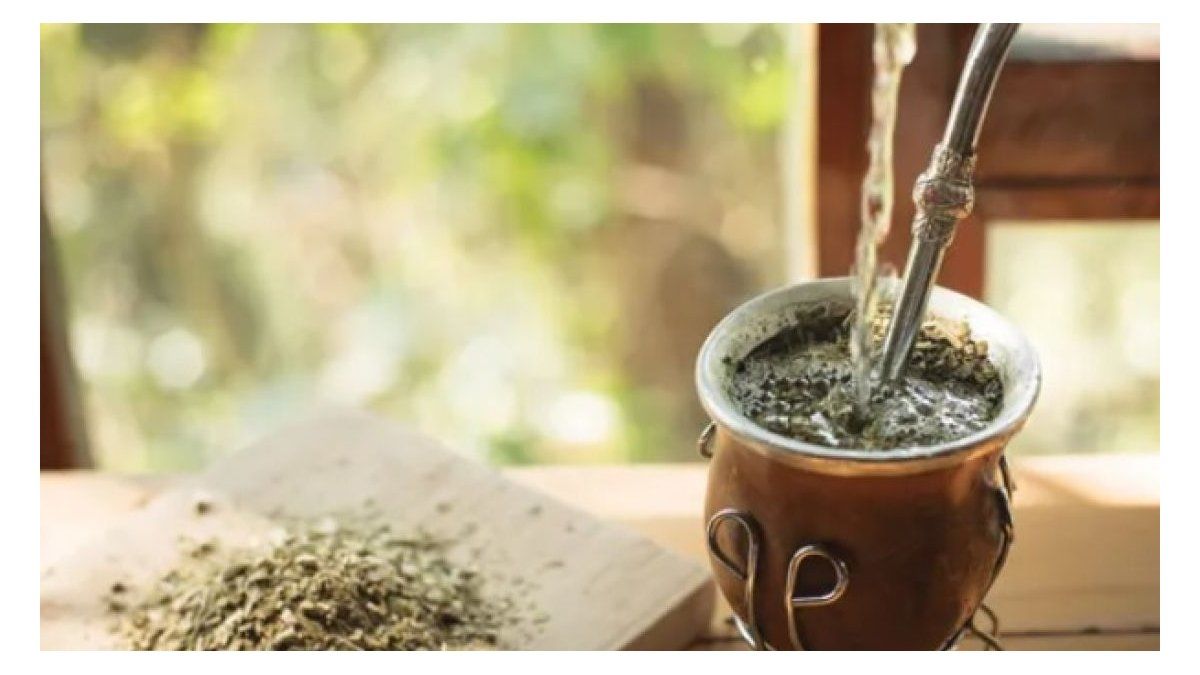He yerba mate consumptionthe favorite infusion of Argentines, also succumbed in 2024 to the impact of the fall in purchasing power caused by the recession and the skyrocketing cost of living.
According to statistical data from the National Yerba Mate Institute (INYM), In the first eleven months of 2024, 238,042,303 kilos left the mills heading to the shelves in their different presentations, which represented a drop of 11%.
This represents a drop of almost 25 million kilos compared to the same period in 2023.
To find such a low shipment of yerba mate destined for domestic consumption, we must go back to 2016, when 234,188,058 kilos left the producing area.
But contrary to what happens in the domestic market, yerba mate exports are on their way to a record.
In the first eleven months of last year, 41,228,288 kilos left through the ports, thus exceeding the peak achieved in the same period of 2018, when 40,522,479 kilos were shipped.
If compared to 2023 exports, 4,758,474 kilos more (13%) were shipped in the first eleven months.
Adding both markets, the contraction exceeds 20 million kilos in a year where there was a record harvest due to the very good weather conditions and the entry into production of new high-density herbs.
Until the end of last September, the dryers had processed 968,231,247 kilos of green leaf, almost 200 million kilos more than in 2023.
As soon as he came to power, President Javier Milei stripped the National Institute of Yerba Mate (INYM) of setting minimum prices for green leaf and yerba pistada (dried, without grinding). Furthermore, it has kept the body headless for more than a year.
The more than 12,000 producers, mostly medium and small, are charging less for raw materials than a year ago.
In some areas of Misiones the price of green leaf plummeted to 180 pesos per kilo, placing farmers in a difficult situation, who cannot cope with the increasing costs.
The Government of Misiones made representations to the Ministry of Agriculture to normalize the operation of the INYM, but until now the acephaly remains.
Provincial officials explained that the herbal market is an oligopsony market, meaning that a small number of buyers have the power to determine the prices and purchase conditions of a product. In this case, those who end up setting the values are the millers.
Last December, the yerbate producers of San Pedro carried out numerous roadblocks and advanced on National Route 14 with their tractors to force a stoppage of the summer harvest.
Although in that area the harvest was considerably restricted, in the rest of the province the herbalists did the so-called zafriña to be able to cover the expenses.
Source: Ambito
I am an author and journalist who has worked in the entertainment industry for over a decade. I currently work as a news editor at a major news website, and my focus is on covering the latest trends in entertainment. I also write occasional pieces for other outlets, and have authored two books about the entertainment industry.




